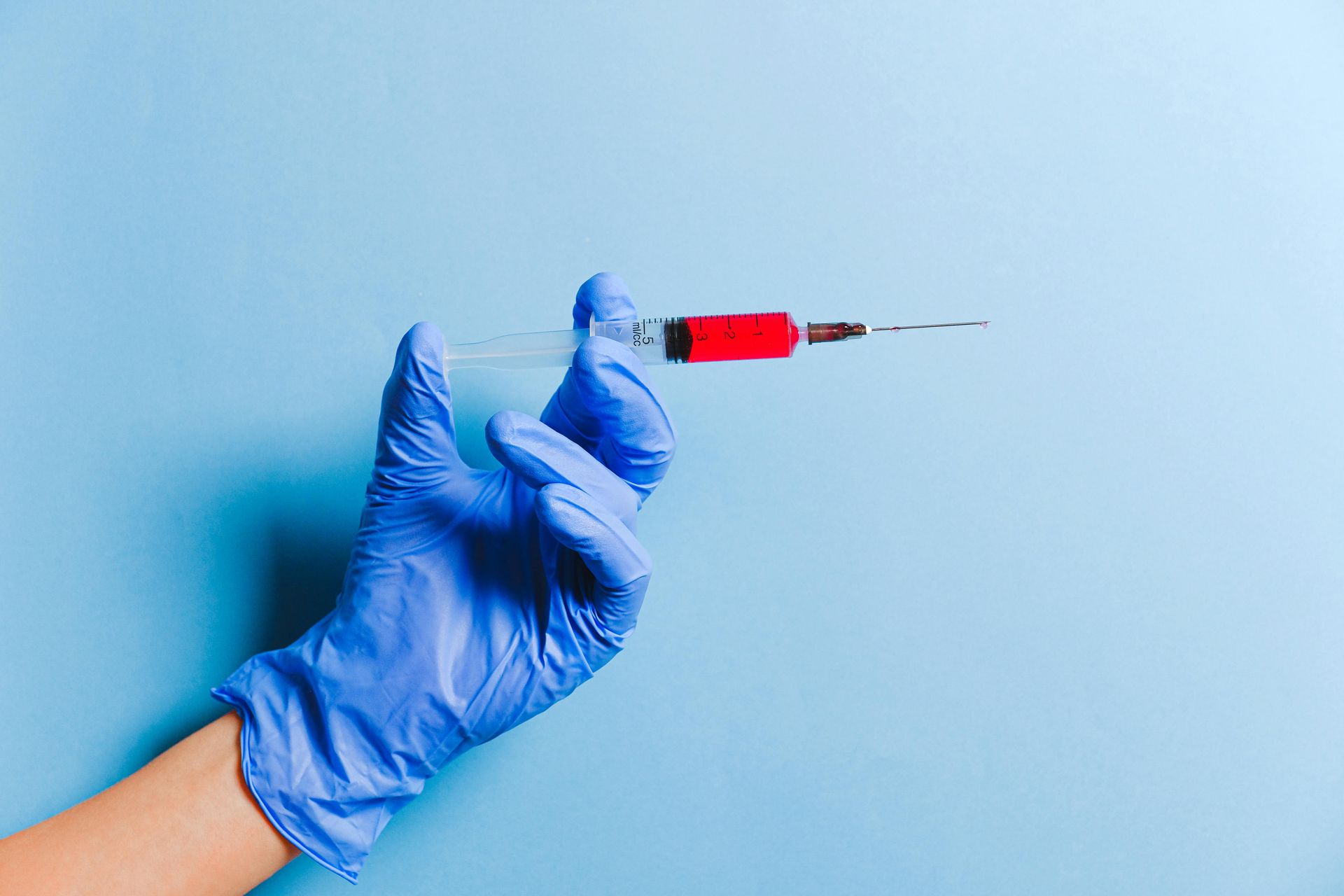
Wound Care: Pressure Injuries, Chronic Wounds, and Traumatic Wounds
Wound Care: Pressure Injuries, Chronic Wounds, and Traumatic Wounds
Written by Meagan De Carlo BSN, RN, CWS

In the previous blog posts, Why YOU Might Need Advanced Wound Care and Wound Care: Diabetic Ulcers, Venous Ulcers, and Arterial Ulcers, we addressed what a visit looks like at an Advanced Wound Care Clinic and then dove deep into specific treatments for diabetic, venous, and arterial ulcers.
This post will focus on Pressure Injuries, Chronic Wounds, and Traumatic Wounds.
Pressure Injuries
Pressure injuries usually occur when someone is immobile, either in bed or in a wheelchair. Often, these people will also have poor nutrition and low pre-albumin levels, an indicator of insufficient protein intake.
How can advanced wound care help pressure injuries?
Relieving pressure, improving nutrition, and proper wound care can help to heal pressure injuries.
Registered Dieticians play a critical role in the team management of these types of wounds.
Wound healing requires 1.25-1.5 grams of protein per kilogram of body weight per day compared to approximately 0.8 grams of protein/kilogram/day for a healthy adult without a wound.
Let me illustrate with some math for you, using a 130-pound person as an example. 130 pounds = 58.9 kg, so this person would need to eat a minimum of 73 grams of protein per day for wound healing. What does that look like? Well, 1 egg has 6 gm of protein, a 3oz hamburger has ~22 grams protein, and lentils have ~ 18 grams per cup.
Often, supplementation with a protein shake is recommended.
Chronic Wounds
Chronic wounds are often mismanaged wounds or related to other pathologies such as auto-immune diseases.
Often, people with chronic wounds come to wound centers to find ways to best manage their wounds, without the goal of healing their wound.
How can advanced wound care help chronic wounds?
For people with wounds that have a low likelihood of healing, wound care becomes wound management.
Special absorbent dressings can be ordered to help with excessive drainage, medicine can be ordered to help with pain and any foul smells that might occur when there are a lot of bacteria present.
Often patients with chronic wounds will meet with a Medical Social Worker who can help find any resources they may need, whether it is assistance with State Disability or emotional support.
Traumatic Wounds
Traumatic wounds sometimes need help from the wound care experts because the general physicians don’t have the advanced training that the wound care team has.
Wound healing involves many complex responses from the body and there are many wound care products that can help to move the body’s wound healing in the right direction.
Healing wounds is a complex process, so much of the healing takes place “behind the scenes."
Summary
If you have a wound that is not showing signs of healing after 2 weeks, or is not completely healed after 6 weeks, YOU may need Advanced Wound Care.
To be sure that you will receive the best care possible, look for a wound center that has the Joint Commission Gold Seal of Approval and/or Healogics National Award of Excellence and Center of Distinction. The wound center should have board certified physicians and wound care nurses that are certified in wound care, deeming them experts in their field.
Sources
https://www.cdc.gov/diabetes/basics/type2.html
https://www.cottagehealth.org/locations/goleta-valley-cottage-hospital/wound-care/
https://www.ncbi.nlm.nih.gov/pmc/articles/PMC8539411/
Meagan is a Registered Nurse with 17+ years working at the bedside. She has worked extensively with mothers and their newborn babies, all medical-surgical floors in the hospital and, most recently at the Ridley-Tree Center for Wound Management, one of only three centers in California and one of 21 in the nation to earn the Joint Commission Gold Seal of Approval. Meagan is a Certified Wound Specialist.
Meagan can be found on LinkedIn
Thank you for reading Patient Education Essentials, the Write Shift RN blog.
Disclaimer: This article was written as a guest post for Write Shift RN LLC's blog. The information in it may not be wholly fact-checked or edited, allowing the reader to see the writer's work and skills firsthand.
This information is not intended as medical advice. It is for informational and educational purposes only. Always talk to your doctor or other qualified healthcare providers about any questions or concerns you may have regarding medical conditions.










